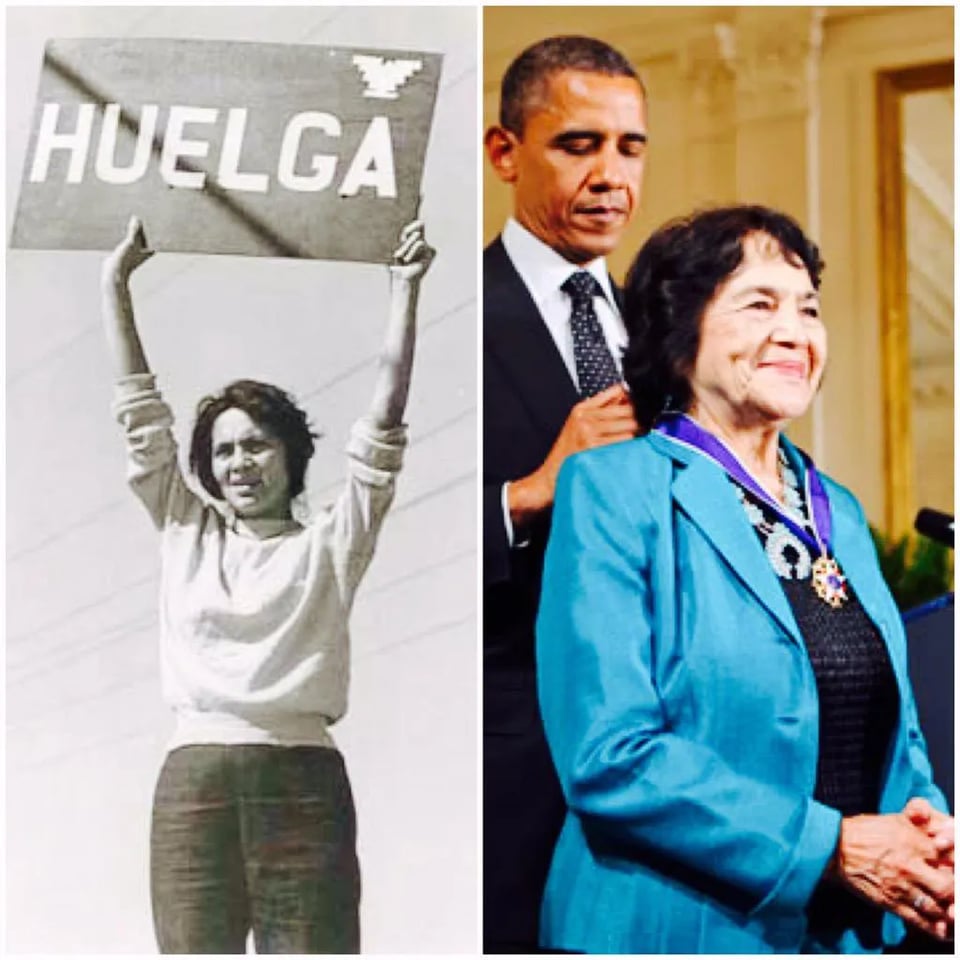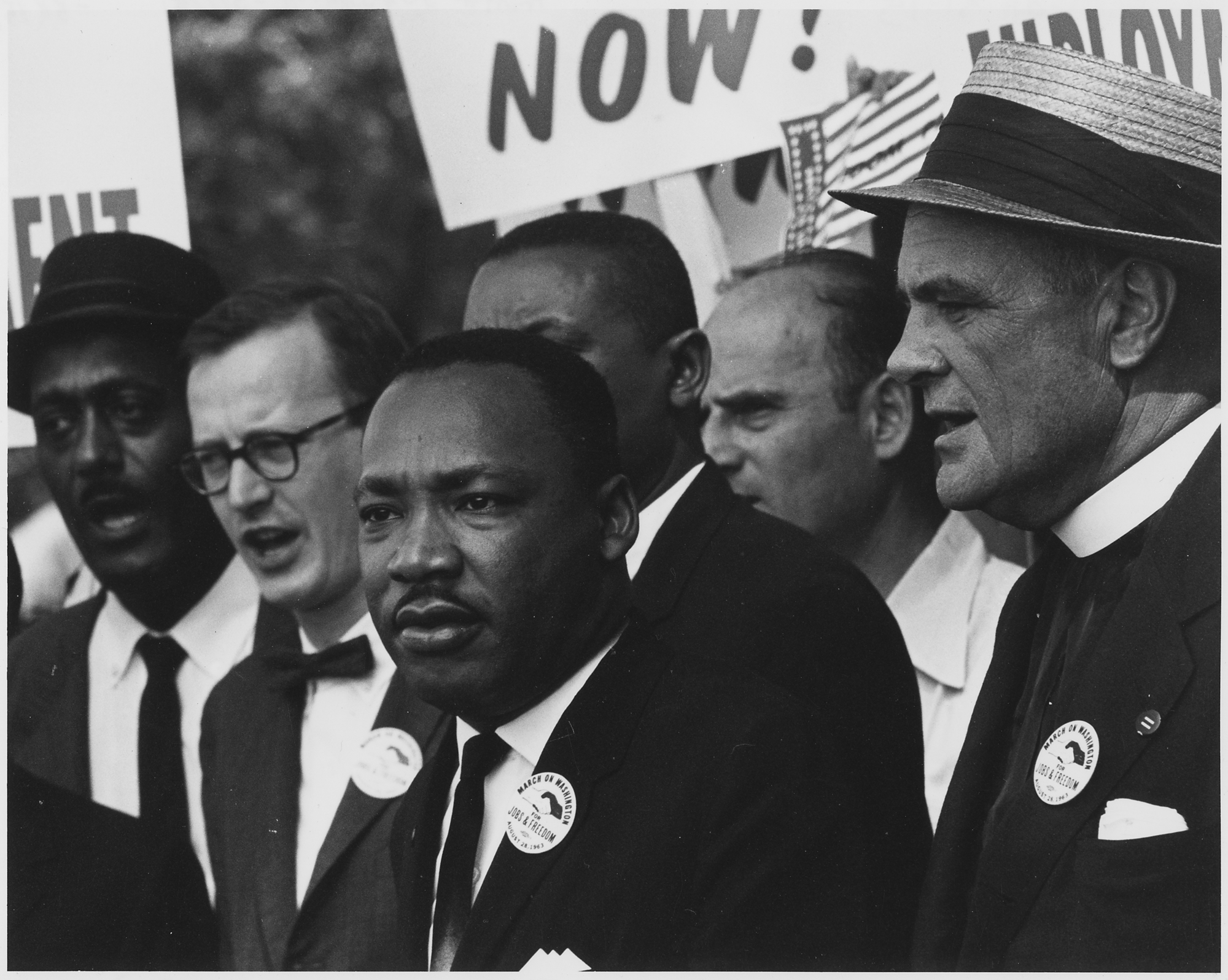ARTchivist's Notebook: Up power, down power
We all have power. Whether it’s our vote, our ability to help someone in need, or simply to make someone smile, we all make countless decisions every day about how to exercise whatever power we have.
That said, great power comes with great responsibility, and I have been very angered these past few weeks with the way Colleen Shogan, archivist of the United States, has exercised her significant power. She’s been removing materials from the permanent exhibition at the National Archives related to the displacement of Indigenous peoples, the incarceration of Japanese Americans during World War II, even images of Martin Luther King, Jr. and Dolores Huerta. She has done this in the name of being “nonpartisan” and making the exhibition feel welcoming to “all Americans.” But what she is really doing is censoring and sanitizing U.S. history.

If you’ve taken a webinar with me, you know that being “nonpartisan” or “neutral” is impossible: we all have a point of view and position in society that conditions and frames everything we say and do. Some of us are in relatively “up power” positions with influence and autonomy; others are in more “down power” positions with less. Our positions change in different contexts, but no one is neutral. Here in the U.S., “neutrality” is actually a white-supremacist, patriarchal myth designed to mask the centering of WEBCCCHAM (white, ethnically European, bourgeois, Christian, cisgender, citizen, heterosexual, able-boded men) in our cultural and historical narratives.*
For example, Shogan has replaced King and Huerta with images of Richard Nixon and Ronald Reagan, claiming that because King and Huerta were activists, they might alienate some viewers. Never mind that Nixon was a criminal and Reagan set in motion an era of capitalist excess and cultural repression that we are still trying to climb out from under. What about those of us, like me, who find their lionization objectionable and unwelcoming?

Making something truly inclusive involves more than appealing to “all Americans” or “all people” (which is impossible anyway and just ends up reinforcing the status quo). It means recognizing imbalances in society and doing something to rectify them. It means using your “up power” as the leader of the official repository of American history to acknowledge and tell the stories of those who have been in a “down power” position, stories that were previously suppressed, denied, or left untold.
We all have power. It’s up to us whether we use it to help those who have less, or to reinforce their subjugation. There is no neutrality.
Statements of protest
My Japanese American community has issued statements protesting Shogan’s censorship (because we know what it means to be unjustly imprisoned and never want it to happen to anyone else, ever again).
The National Archives Is Whitewashing “Ugly” Histories Like Japanese American Incarceration (Densho)
JACL Demands Accountability at the National Archives (Japanese American Citizens League)
These are the only public statements I am aware of (although I know of at least one more in progress and discussions that might lead to another). Please email me if you know of any. As information professionals, it is important that we speak up!
*See Michelle Caswell’s “Dusting for Fingerprints: Introducing Feminist Standpoint Appraisal”